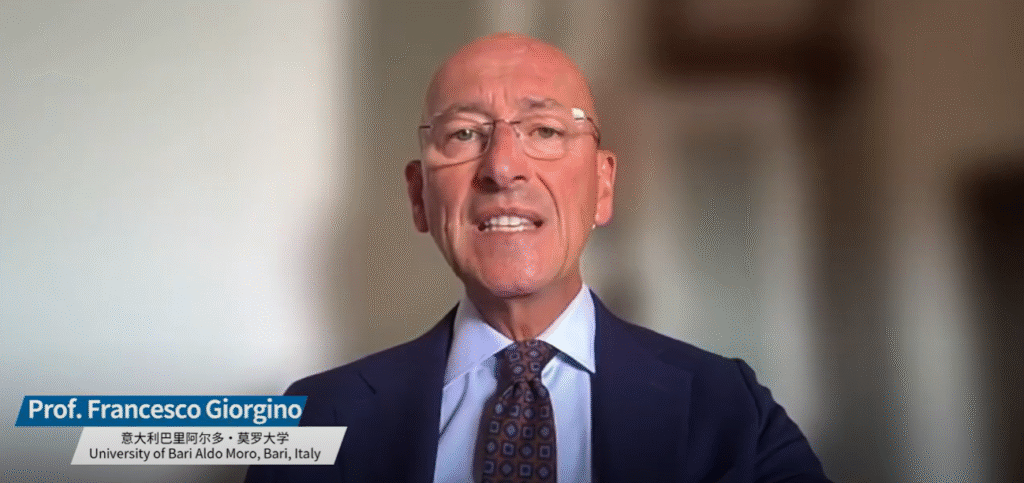ASH Voice from China | Professor Wang Ying: Updated Data on a Novel CD19×CD3 Bispecific Antibody May Offer a Superior Option for R/R B-ALL
In recent years, with the rapid development of immunotherapeutic agents such as bispecific antibodies, the treatment landscape of acute lymphoblastic leukemia has entered a new era of hope. At the…








